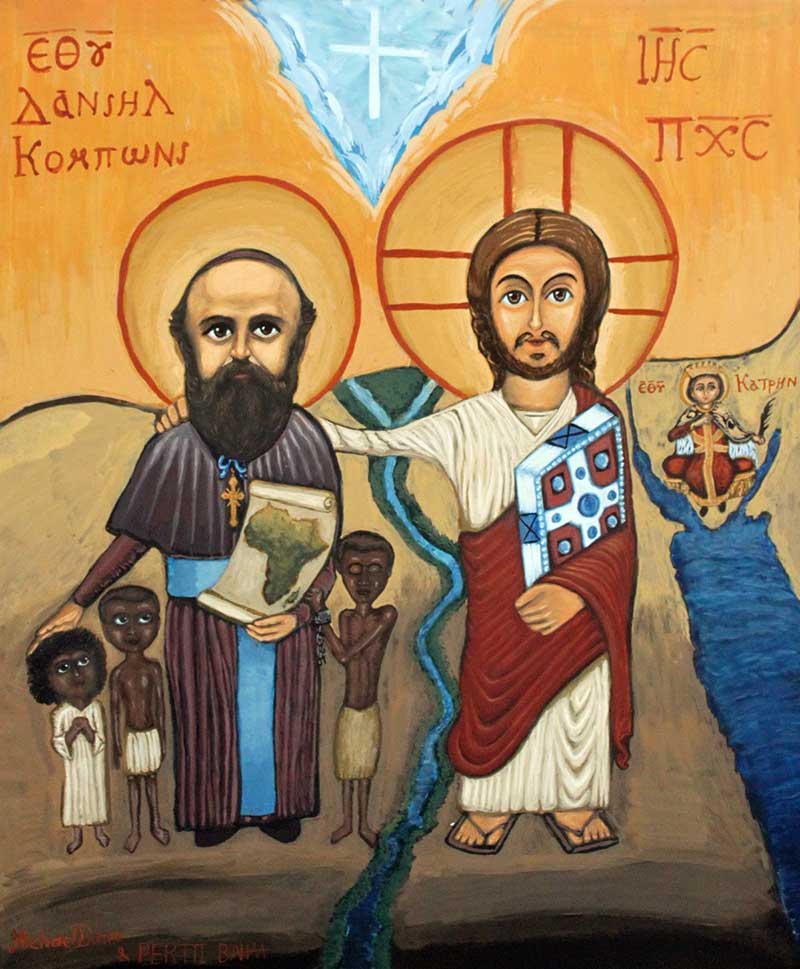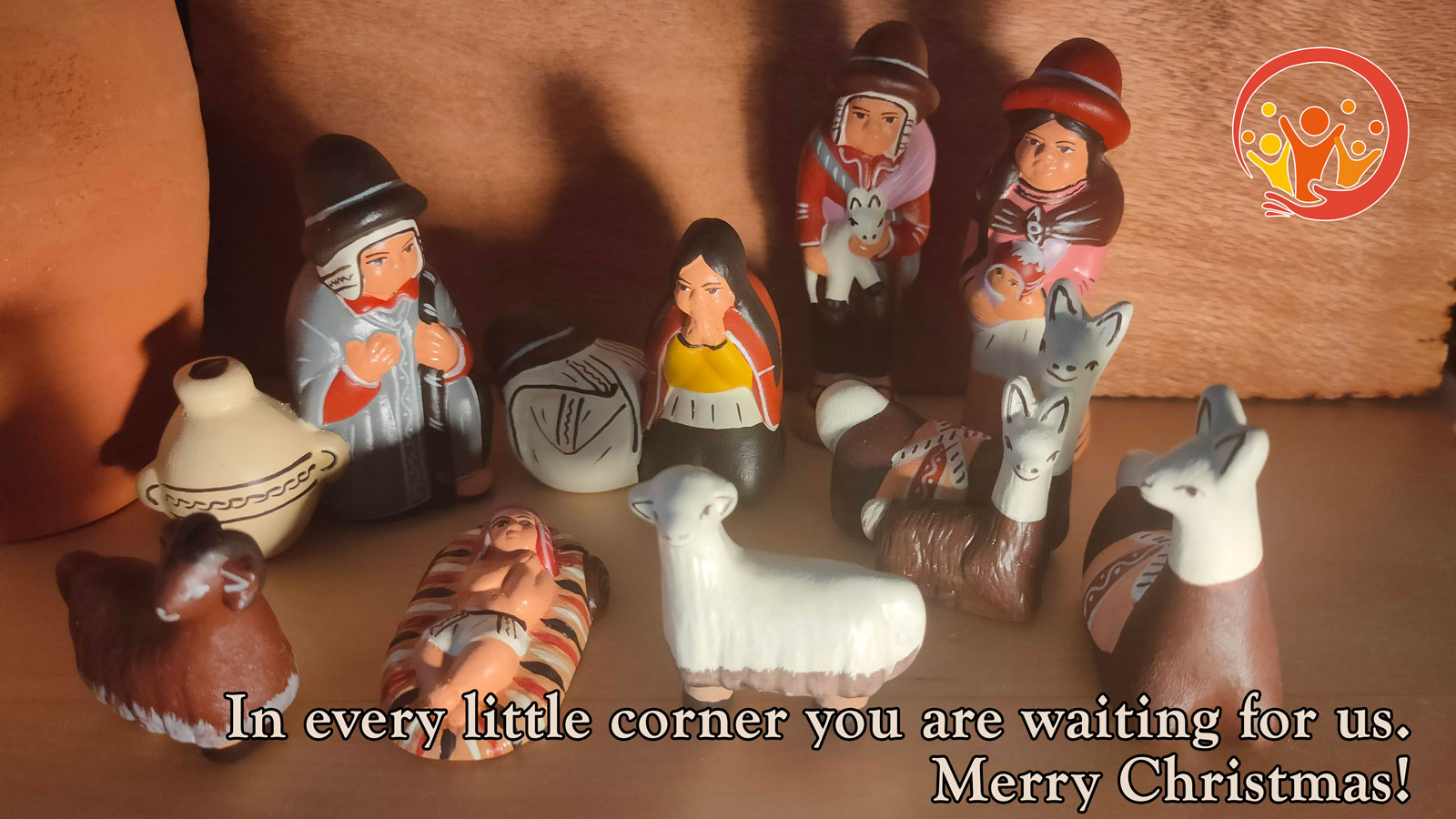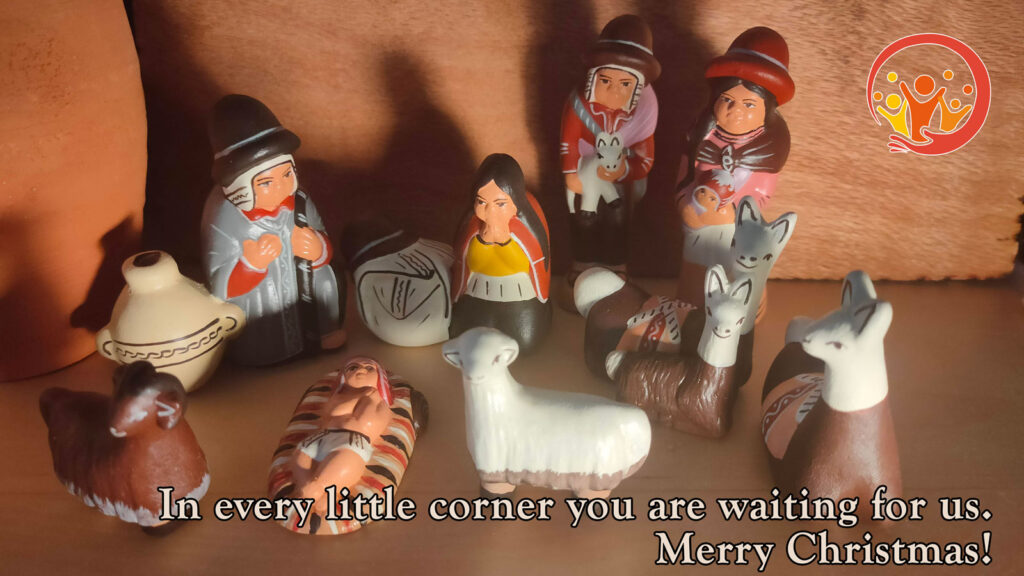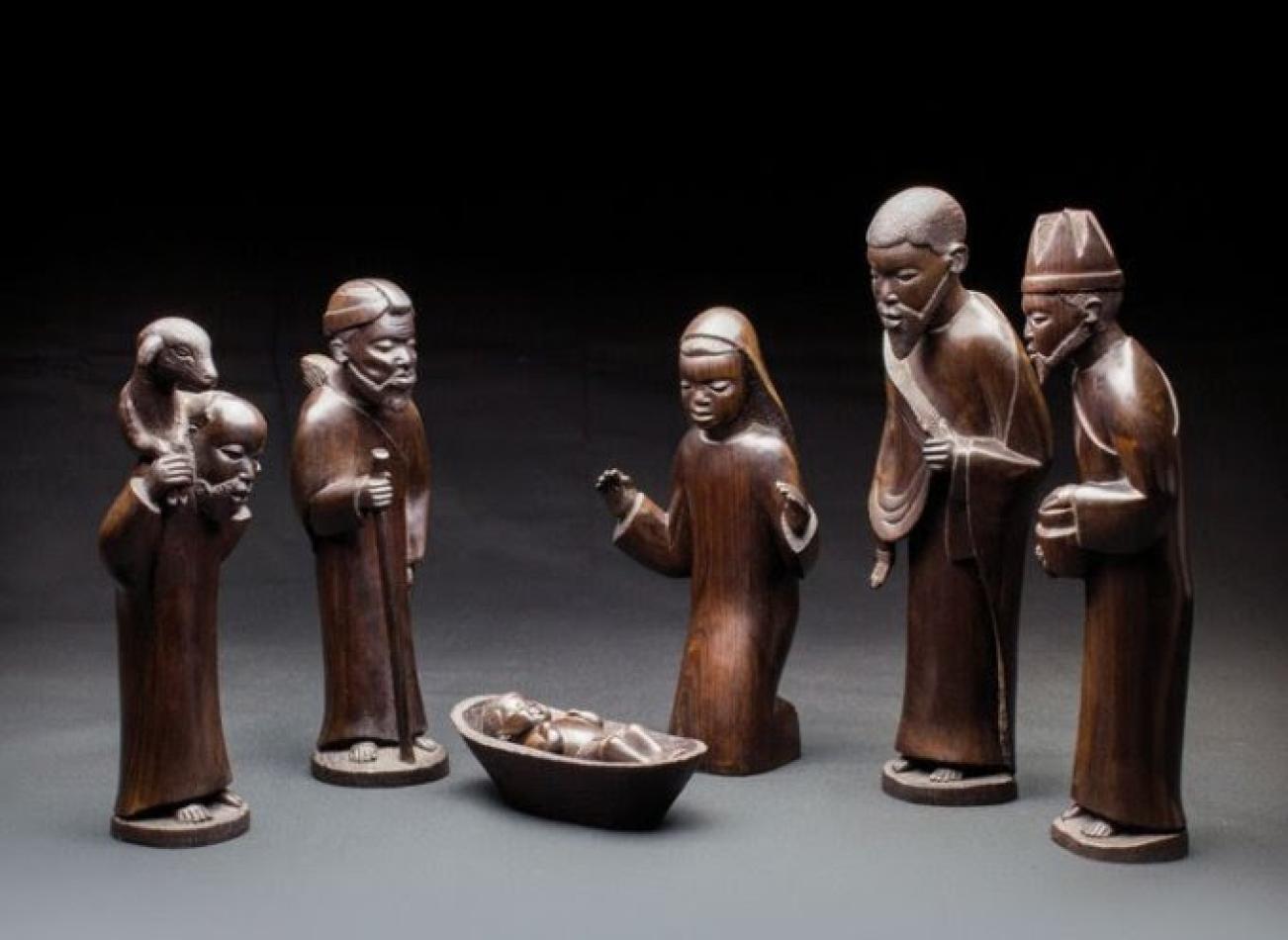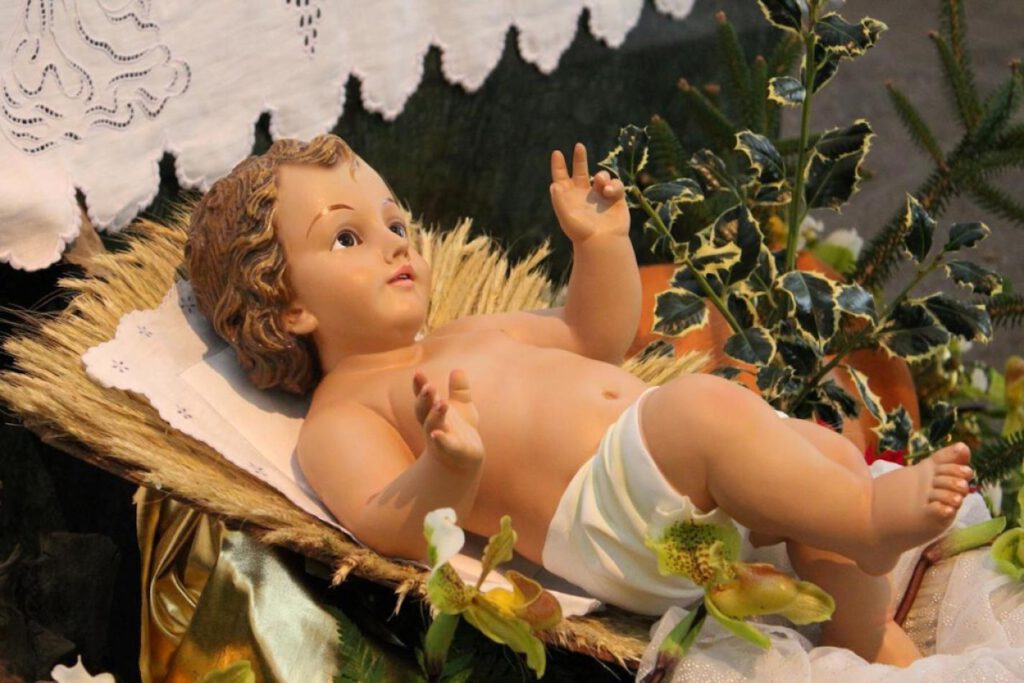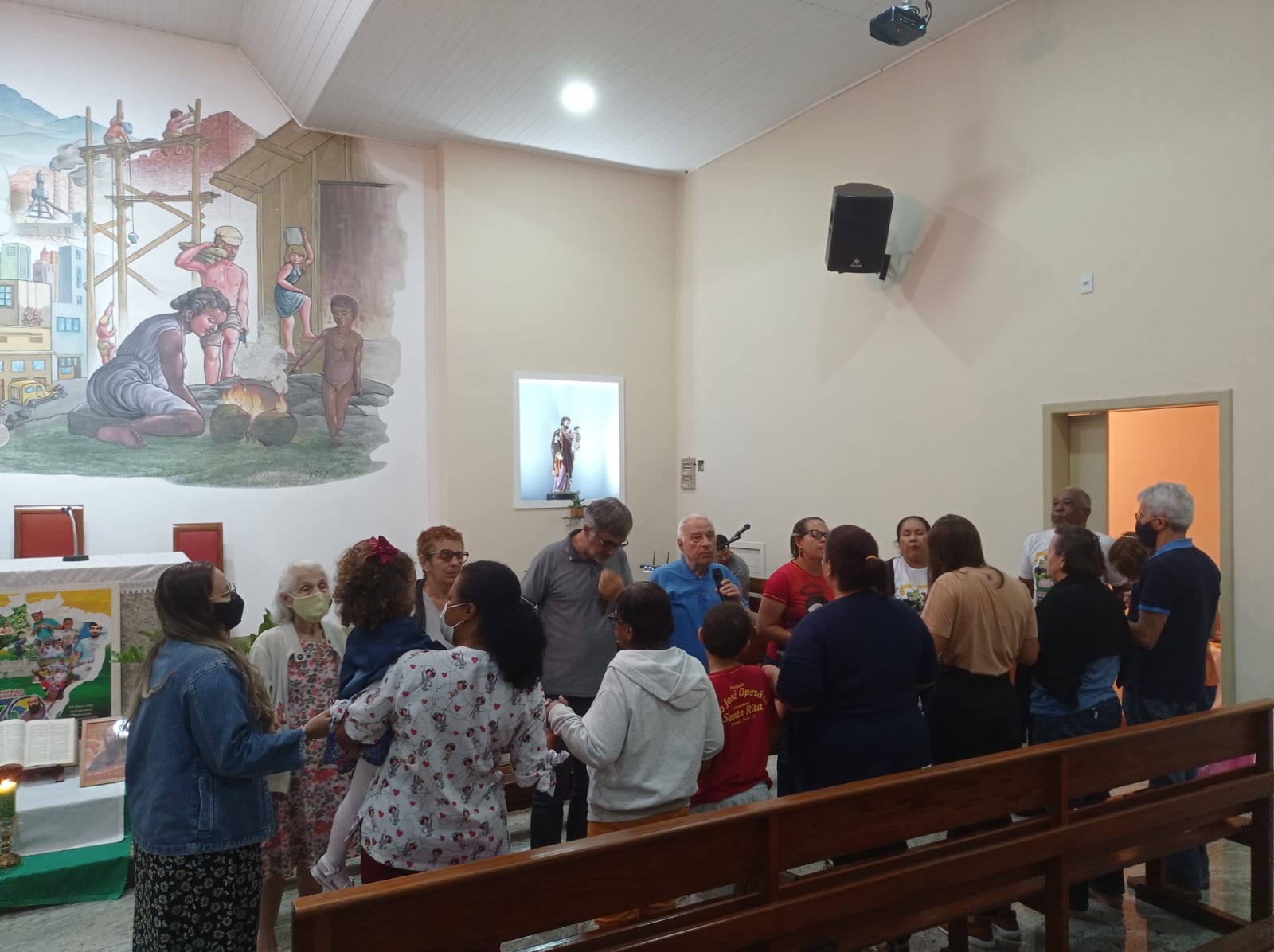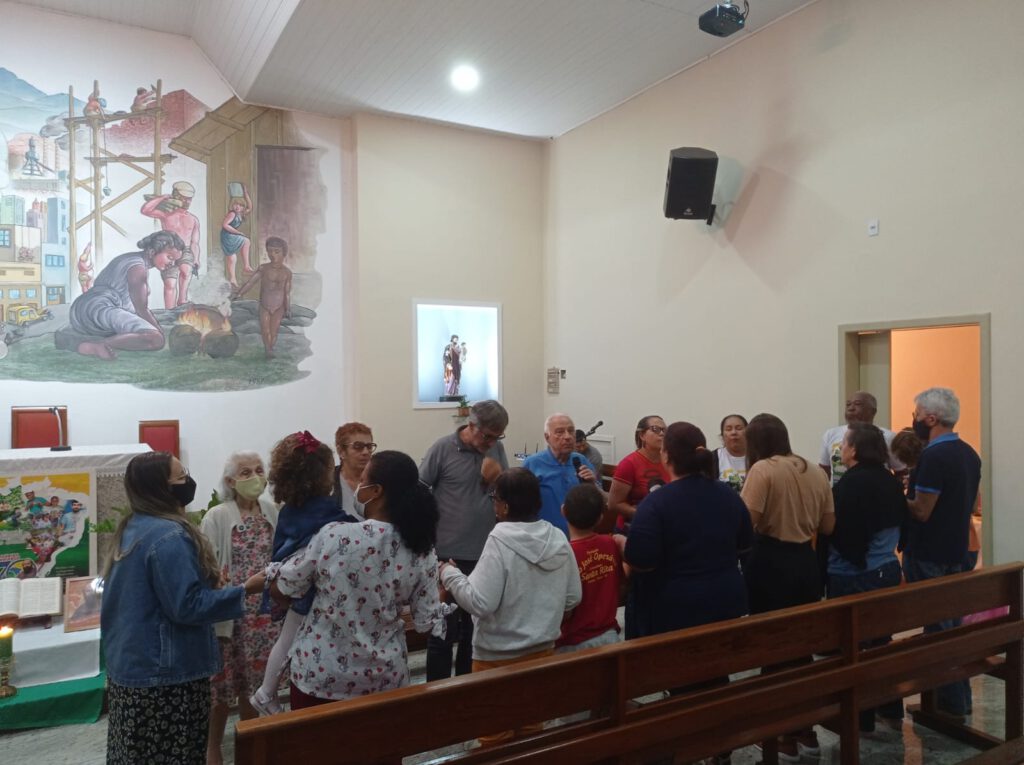That the week of prayer for Christian unity may be an occasion for growth in mutual knowledge and finding common elements among the different Christian denomi-nations that urge us to create deeper relations between ourselves, promote universal brotherhood, and so contribute to the dream of Jesus, “That they may all be one” (Jn 17,21). Let us pray.
Spirituality
MCCJ General Council: “Our best wishes of peace and hope for the feast of Christmas 2022”
«Do not be afraid. Listen, I bring you news of great joy to be shared by all the people. Today in the town of David a saviour has been born to you; he is Christ the Lord. (Lk 2. 10,11)
Dear confreres,
We wish to send all of you and your communities our best wishes of peace and hope for the approaching feast of Christmas.
We invite each of you to make the angel’s announcement to the shepherds resound once more in our lives and in those of our communities (“Peace on earth to people whom God loves” – Lk 2:14b), certain that the announcement, as it was for the shepherds, should also be such for us as to make us “contempo-raries of the event”. An event that makes us «find the crux of our redeemed existence, the celebration of living, the taste for the essential, the flavour of simple things, the fountain of peace, the joy of dialogue, the pleasure of collaboration, the desire for historic commitment, the wonder of true freedom and the ten-derness of prayer» (Don Tonino Bello).
The angel’s ′′do not be afraid′′ encourages us too, today not to back away from the challenges we encounter in our daily lives. Daily life is often afflicted by worries, discouragement and violence – caused by various factors – which corrode our trust in life and hope for the future. However, “the believer has something in his heart that urges him, moves him, mobilizes all his energies: it is the «” joy of the gospel”, its incomparable newness. Anyone who believes, even in relationships with those who are very far away, cannot give up wanting to communicate the formidable difference and excess, the “more” and the “beyond”, which are constitutive of the Gospel» (Card. Carlo Maria Martini). For this reason, the angel’s announcement of joy becomes pardon, a halt to pessimism, a truce in the sufferings and disap-pointments that harden our hearts and is transformed into a rampant force of trust in the future which is regenerated in the “patience of the present”, a patience capable of revitalizing the most authentic gaze on history and of interpreting events, grasping their true meaning or, at least, the possible horizon.
This patience drives us to decline the three essential dimensions of Christmas: listening and dia-logue, grasping the groans of the territories and the people who live in them, and committing ourselves to promote safe relationships and environments in the present and in the future; acceptance, as the result of closeness, service and care, touching the multiple wounds of suffering people (young people, mi-grants, the disabled, families, war victims); and prophecy, to initiate processes and anticipate, with sig-nificant and incisive proposals, the transformation of our life and that of the people we serve, as the result of the courage to give our lives for others and, above all, because we ourselves are in love with the life.
In a few days’ time, the mandate of the new Provincial Councils will begin in all the circum-scriptions. We send our sincere best wishes to all of them, entrusting their service to Mary, Mother of the Prince of Peace and Mother of all the peoples of the earth, to accompany them, supporting their ability to interpret the trust they have received with availability and gratuity by the confreres of the circumscriptions.
We wish all of you and all the members of the entire Comboni Family, a Happy Christmas and a prosperous 2023, so that the rediscovery may continue of our Family as the “cradle of life and faith”, a place of welcome, and a source of hope and of peace for all humanity.
Finally, we urge everyone to fervently implore the Prince of Peace to bring consolation to all wounded hearts, as well as to the nations tried by wars and crises of all kinds, so that every man and woman may enjoy a dignified and peaceful life.
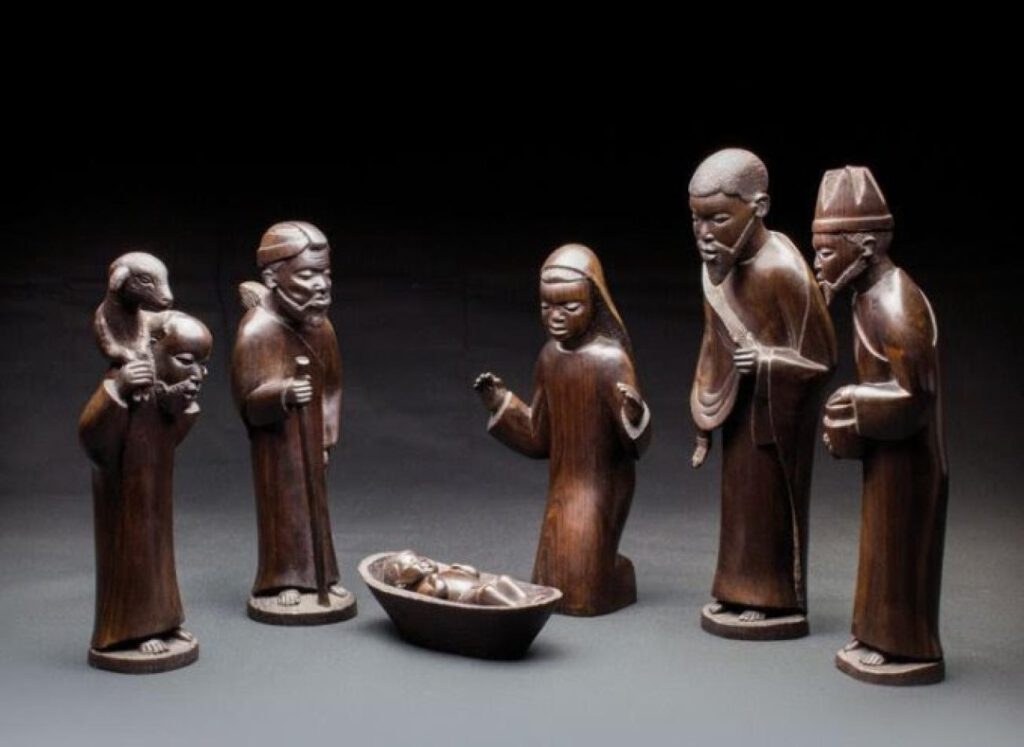
Happy Christmas everyone!
The General Council
Prayer Intentions of the Comboni Family December 2022

We pray that all the families of the world may welcome with joy and gratitude the gift of life and protect it as the Holy Family of Nazareth did. Lord hear us.
New GEC meeting in Brazil
At the meeting of GEC (Comboni Spirituality Group) São José Operário Parish – Carapina/Serra/ES held last night (11/21/2022), we had the presence of Father Xavier.
He told us his life and mission story, details and curiosities about the projects carried out in Santa Rita, a city on the outskirts of João Pessoa in Paraíba.
Chico started the project with recyclable material collectors, Father Xavier joined the project and started working with children and teenagers, daughters and sons of the collectors and other residents of the neighborhood.
His words echoed in our hearts. A life story where we find faith incarnate. Total giving.
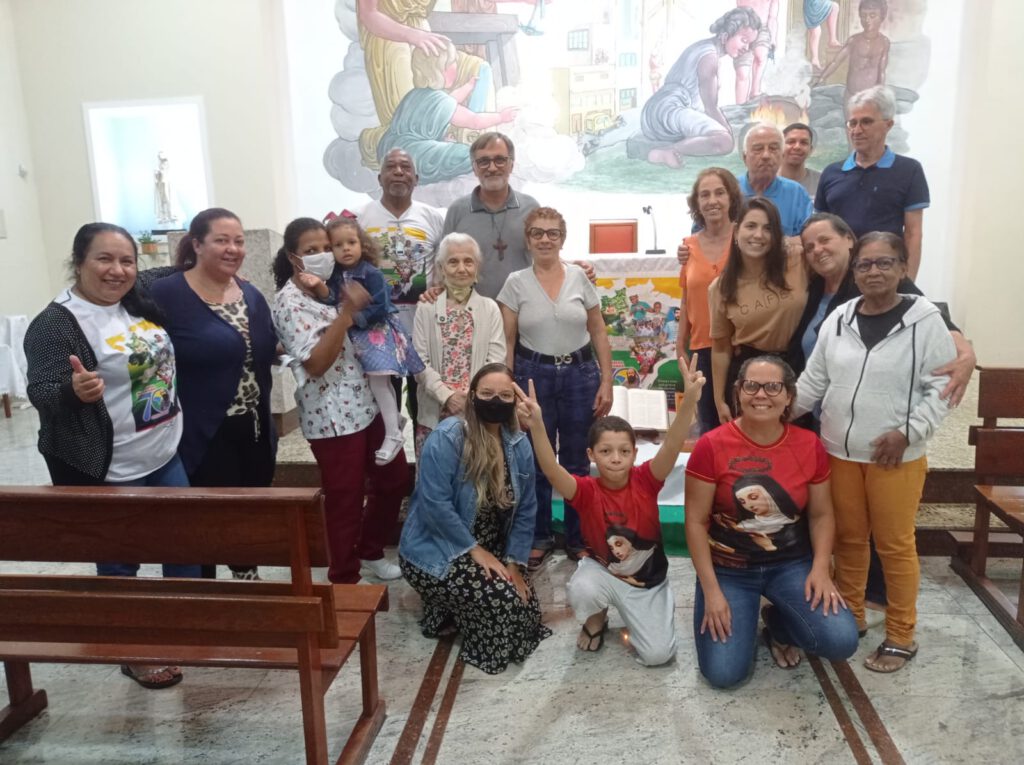
Autor: Tranquilo Dias, Grupo de Espiritualidade Comboniana da Paróquia São José Operário/Espírito Santo




